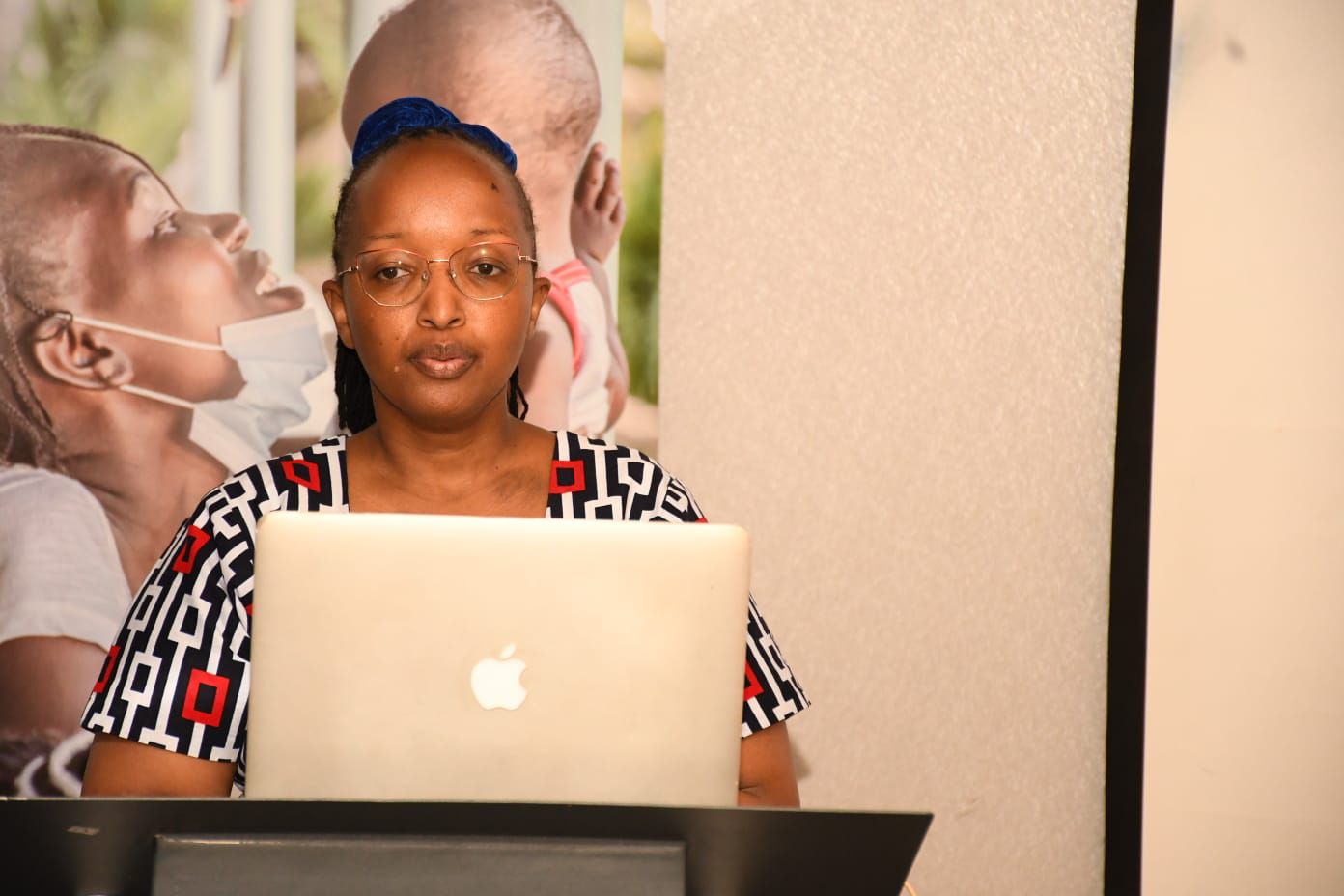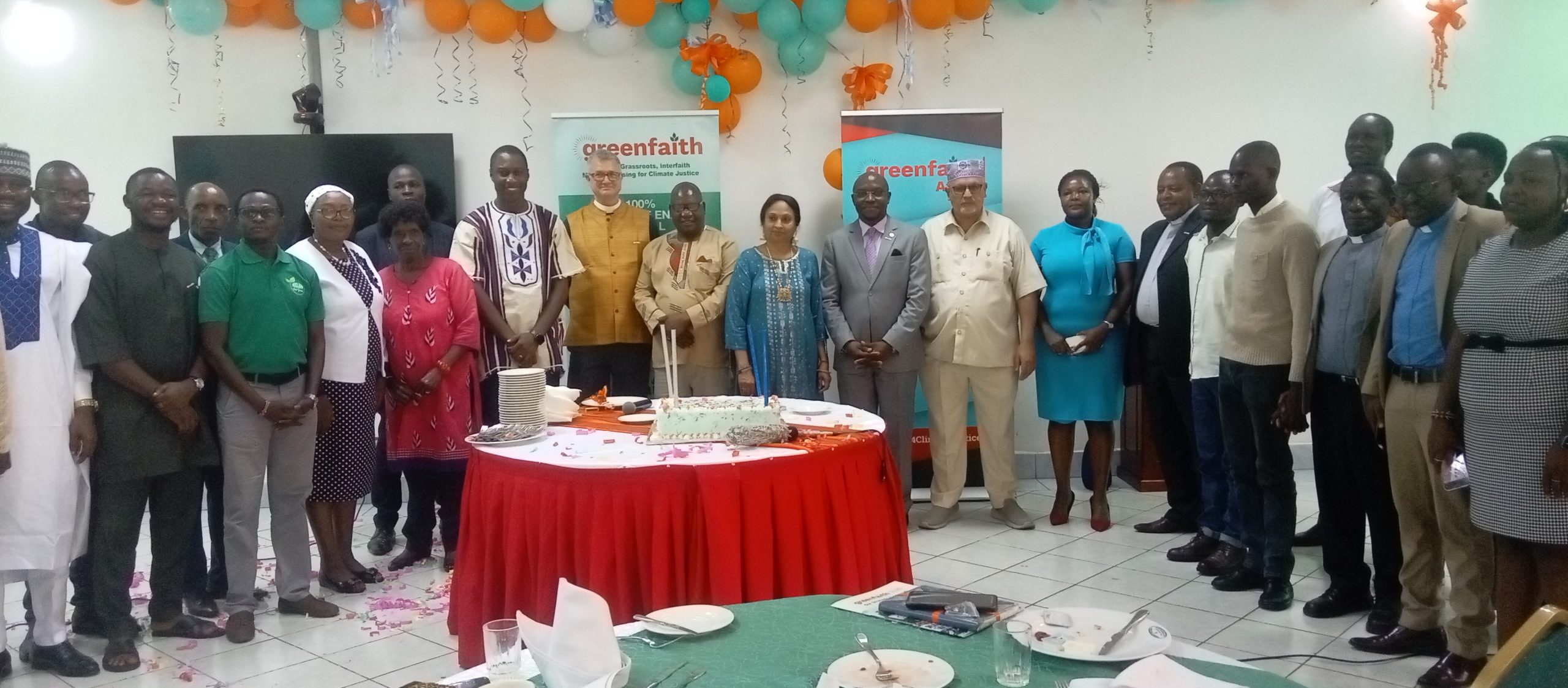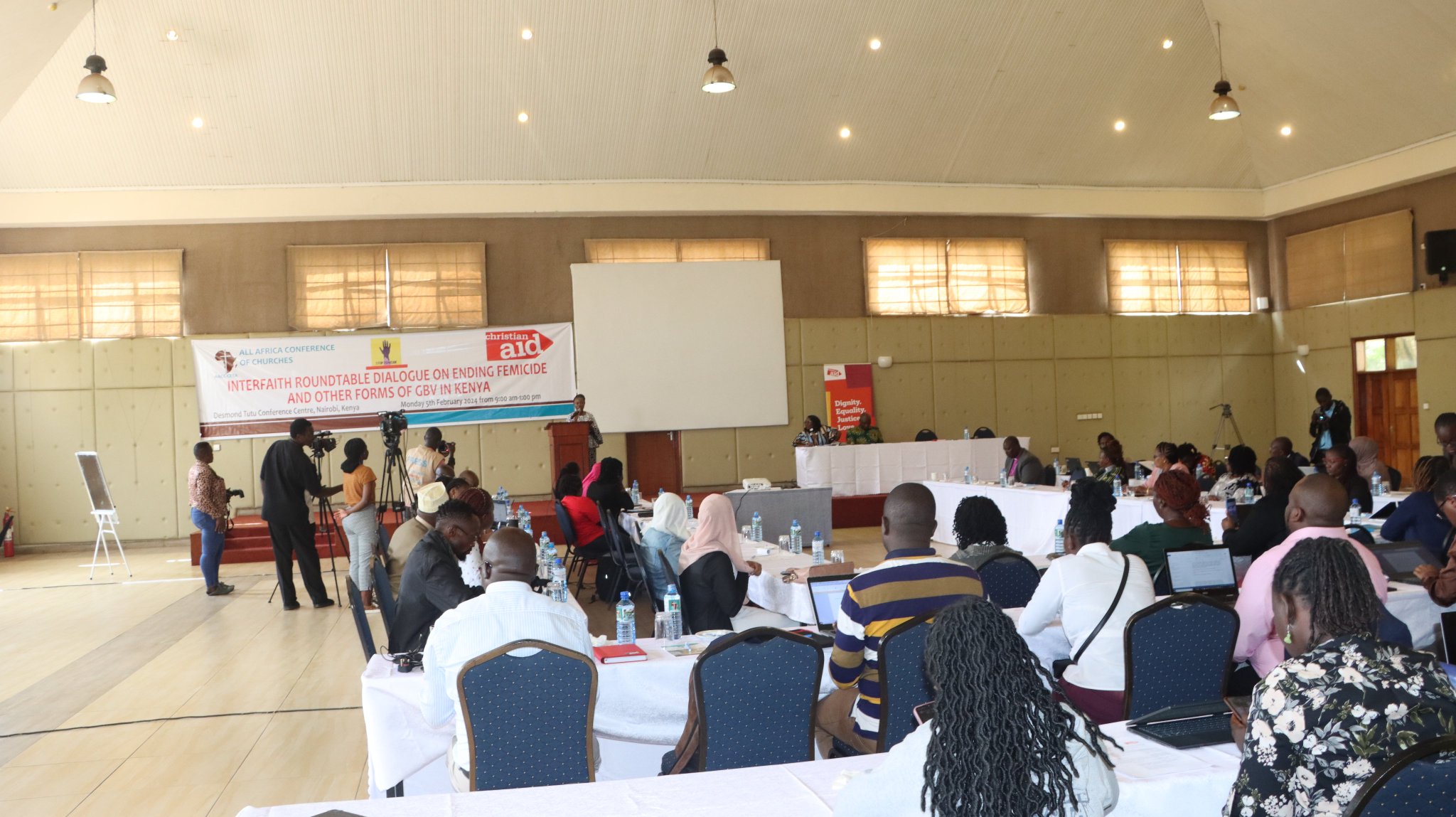By Eddah Waithaka
Today, the African Institute for Development Policy (AFIDEP) revealed pivotal findings from its three-year “Putting Countries Back on the Path to Sustainable Development Goals” (Back-on-Track) project, which seeks to realign Kenya, Ethiopia, and Nigeria with Sustainable Development Goal 3 (SDG 3). Supported by the UK-based Children’s Investment Fund Foundation (CIFF), this groundbreaking initiative aims to enhance health and well-being across these nations, providing crucial insights and strategies to ensure sustainable development in the face of ongoing challenges.
The event, titled “State of Maternal, Newborn, and Child Health (MNCH) Progress in Kenya,” brought together public health, policy, and development leaders at the Park Inn by Radisson Hotel in Nairobi. Participants engaged in discussions focused on innovative strategies to enhance the delivery of MNCH services.
The Back-on-Track project by AFIDEP utilizes thorough data analysis and evidence-driven methods to assess the progress and challenges in maternal and child healthcare in Kenya.
By integrating data from Health Management Information Systems (HMIS), Demographic and Health Surveys (DHS), Geographic Information Systems, and insights from stakeholders, the project examined key indicators such as child immunization rates, antenatal care, skilled birth attendance, and the use of modern contraception among women, including sexually active adolescents and young women.
These findings highlight critical areas that require urgent attention to ensure that mothers, newborns, and children in Kenya have access to quality healthcare services.
Dr. Michael Chipeta, the project lead, stated, “Back-on-Track builds a data-driven roadmap of essential interventions that can truly transform lives on a large scale. By prioritizing the availability, accessibility, quality, and utilization of MNCH services, we aim to address critical challenges in Kenya and drive meaningful progress toward achieving SDG 3.”
The project’s findings underscore the profound impact of COVID-19 on MNCH service accessibility and utilization. While national child immunization coverage remained largely resilient, eight counties experienced a significant decline in antenatal care visits, and several saw decreases in skilled birth attendance. These disparities underscore the need for more resilient health systems that can withstand future crises. The research indicates substantial variations in maternal and child healthcare access at sub-national levels, with disruptions most prominent in underserved regions across Kenya.

Read Also :https://switchmedianews.wordpress.com/2024/10/31/empowering-youth-for-sustainable-cities-launch-of-the-sceju-project-on-world-cities-day-2024/
Dr. Edward Serem, Head Division of Reproductive and Maternal Health at the Ministry of Health noted, “The Back-on-Track project aligns closely with Kenya’s health priorities and provides us with clear evidence on where our focus needs to be—particularly in areas like maternal mortality, child vaccination coverage, and reproductive health services. As we move closer to 2030, achieving SDG 3 is urgent, and these insights are invaluable for aligning our health programs with these goals.”
AFIDEP’s findings indicate a combination of successes and areas that require urgent focus. Kenya is progressing toward achieving SDG 3 goals related to reducing neonatal and under-five mortality rates, increasing skilled birth attendance, and ensuring that family planning needs are met with modern contraceptives. Nonetheless, the country faces challenges in achieving targets for maternal mortality, basic vaccination rates, and antenatal care services.
Dr. Serem highlighted the critical role of comprehensive data collection, asserting, “Successful health interventions rely on precise, prompt data that accurately represents the situation. This evidence enhances our capacity to implement effective, life-saving policies.”
In the area of reproductive health, there has been significant progress in the use of modern contraceptives, with family planning need satisfaction rising to nearly 75% by 2022 and some districts exceeding the national average.
However, disparities remain, particularly in rural and underserved regions, highlighting the need for targeted initiatives to close these gaps and ensure equitable access to reproductive health services.
In a comprehensive assessment of Kenya’s health sector, AFIDEP has highlighted significant challenges that threaten progress in health outcomes. The organization underscores the ongoing funding shortfalls, noting that despite increasing investments in Maternal, Newborn, and Child Health (MNCH), the allocation remains below the Abuja Declaration target of 15% with a mere 9% of the national budget directed toward healthcare.
Additionally, the report reveals inconsistencies in data collection and utilization, causing healthcare delivery to fall short of Sustainable Development Goal (SDG) targets for vital MNCH indicators.
To address these pressing issues, AFIDEP advocates for the implementation of improved data systems, the adoption of digital tools, and an increase in funding, all of which are crucial for strengthening Kenya’s health sector and enhancing service delivery.
Dr. Chipeta emphasized that this project reinforces AFIDEP’s commitment to bridging research, policy and practice, “With the insights gained from the Back-on-Track project, we aim to empower public institutions to implement evidence-driven policies that foster sustainable improvements in maternal, newborn, and child health.”






